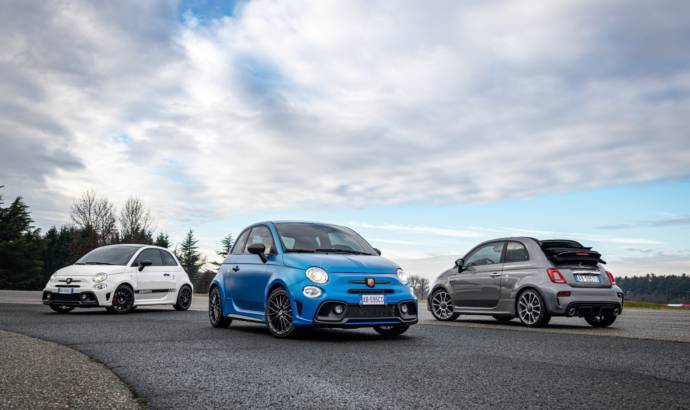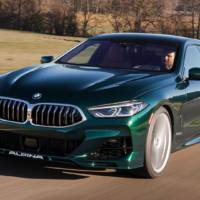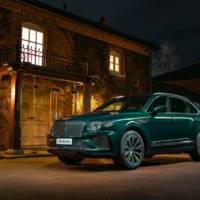Abarth is celebrating another year in the automotive industry. On 31 March 1949, Italian-Austrian engineer Carlo Abarth founded Abarth, creating a brand that would become a performance legend.
Abarth’s history and its logo are intertwined with its sporting victories, which began very early on. The first was a category victory in the famous ‘Palermo-Monte Pellegrino’ hill-climb in 1950 with Tazio Nuvolari at the wheel of an Abarth 204A. In 1954, Carlo Abarth decided to complement the logo with the introduction of a two-tone shield, the emblem of victories in sporting battles, as the background for the Scorpion.
In 1962, the Abarth 1000 Bialbero won the first of six consecutive manufacturer world championships in Division One, and three new elements were added to the logo to celebrate this important title, namely a black-and-white checkered flag, the words ‘Campione del mondo’ (World Champion) in red block letters on a yellow background, and a stylised laurel wreath.
All Abarth cars display a second logo on the rear end of the two side panels echoing an emblem that Abarth racing cars have sported since the 1960s. This logo picks up the typical yellow and red Abarth shield surrounding the scorpion with the addition of a thunderbolt in the colours of the Italian flag. It is a heartfelt tribute to Abarth’s commitment to racing that since the earliest days was seen as the fitting testing ground for innovative technical and technological solutions aimed at increasing the performance and reliability of Abarth racing cars that would later benefit the production of cars.
The commitment to racing continues to this day, both on track and gravel. On track, Abarth is the engine supplier of the Italian and German F4 Championships, the training ground for the F1 champions of tomorrow and in rallies, the Abarth 124 rally will be the protagonist of the FIA-ERC, the European Rally Championship for the third year running in 2021.
Thanks to the Abarth values of performance, style and agility, commercially the Scorpion brand has been a success, particularly by increasing its market share by 50% in 2020 versus 2019.



